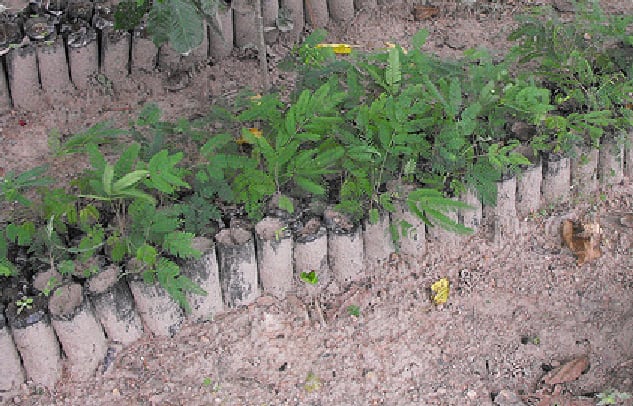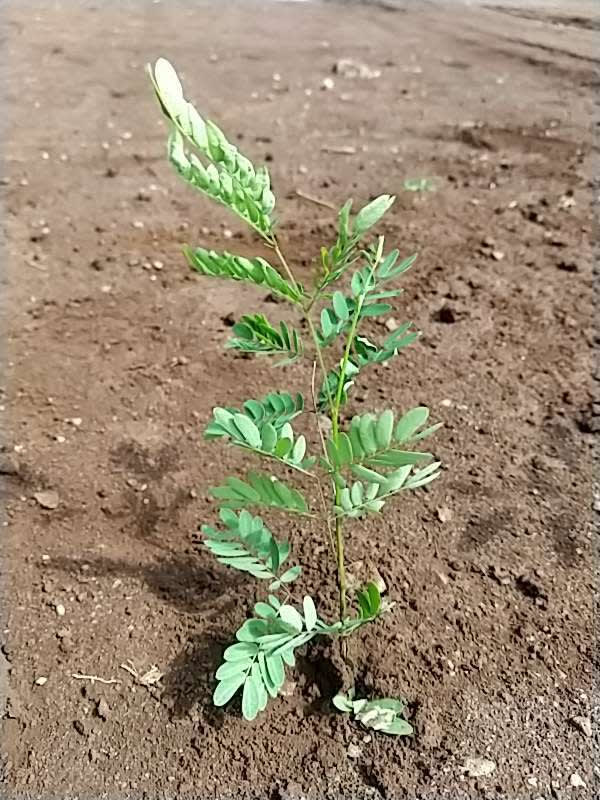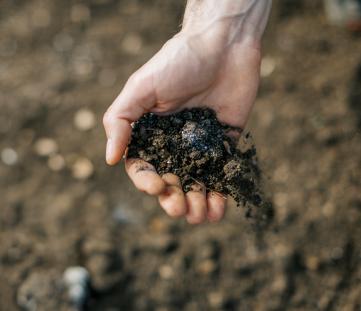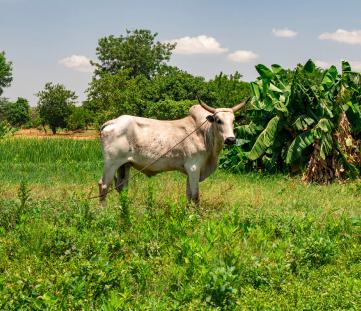ID: MRX-9JM
ID: MRX-9JM
Calliandra
Calliandra calothyrsus
Photo
Kenya
17:47 - 21°C
My connections
My ID card
Who am I?
Date of birth
11/27/2014
Name
Calliandra
Tree
Calliandra
Where am I located?
Country
Kenya
Place of birth
Loitokitok
Coordinates
2° 56′ 31.21″ S
37° 33′ 13.98″ E
/37.55388315,-2.94200181,0/500x333@2x?access_token=pk.eyJ1IjoidG9tbWFzb3NwZXJvbmkiLCJhIjoiY2tnOTE3eW12MDJqazMybXNzOWV1YjloOSJ9.wtGsuDU7XIKjcv2cq8CiXw&logo=false&attribution=false)
My Timeline
The important moments in your tree's life.
Seed
It all starts with a tiny seed, nice and warm in the soil.
Nursery
Your seedling is big enough to be welcomed into one of our nurseries, along with many others.
Planted
We’re here! Your tree has reached its new home: it’s been planted by a smallholder, who’ll take care of it for years to come.
Photo
Strike a pose! Now that it’s big enough, here’s a photo of your tree!
My Gallery
Nursery

Planted
/37.55388315,-2.94200181,0/500x333@2x?access_token=pk.eyJ1IjoidG9tbWFzb3NwZXJvbmkiLCJhIjoiY2tnOTE3eW12MDJqazMybXNzOWV1YjloOSJ9.wtGsuDU7XIKjcv2cq8CiXw&logo=false&attribution=false)
37° 33′ 13.98″ E
Photo

Curiosity about me
The important moments in your tree's life.
Let's start with introductions
The calliandra belongs to a genus of floral plants within the Fabaceae family. Under perfect conditions the plant can grow up to 12 meters tall with trunk diameter of 30 cm. Its flowers and sepals are green, while the long and numerous stamens are a beautiful and intense purple or red.
Meaning
Versatility
The calliandra can adapt and grow in various soil types including less fertile ones.

How much CO2 I’ll absorb
My estimated CO2 absorption capacity is based on the first 10 years of my life*
Current absorption
- 200 kg
2014
0 kg
2024
-200 kg
* The tree will continue to absorb CO2 even after the tenth year. Therefore this is a prudent estimate.
How I am useful to local communities

Soil
It improves the quality of the soil thanks to the nitrogen fixation process or it reduces soil erosion, thanks to its extended root system.

Livestock
Its leaves, either fresh or dried-out, are used as food for livestock.
My benefits
30%
Food Security
The trees will bear fruits, some that will be edible immediately and others that can become edible through processing, ensuring food resources over time.
50%
Economic development
The trees' fruits and the products derived from their transformation can be traded in local networks, offering income opportunities.
30%
CO₂ Absorption
During its life cycle, each tree will offset CO₂. The trees that you plant can offset your emissions.
80%
Environmental protection
The trees are planted in agroforestry systems that favor the virtuous interaction between the different species and their positive impact on the environment and on the land.